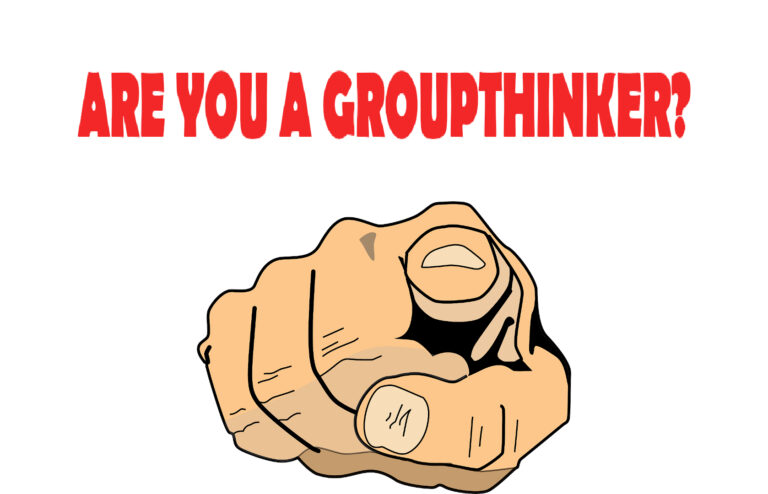
Friedrich Nietzsche’s concept of the “will to power” is a central idea in his philosophy, which states that the basic drive behind all human behaviour is the desire for power and the will to overcome obstacles. Nietzsche believed that humans are not motivated by a desire for happiness or pleasure, but rather by a desire to exert their power over the world and others.
According to Nietzsche, the will to power is a natural instinct that drives individuals to strive for dominance and superiority over others. This will to power is not limited to physical or political power but encompasses all forms of power, including intellectual, creative, and artistic power. He wrote in the Will to Power (a posthumous collection of his notes) that ‘the will to power is the fundamental motive force of human nature.’ Nietzsche believed that the will to power is a fundamental aspect of human nature and that it manifests itself in various forms in our day-to-day activities.
For Nietzsche, happiness is not achieved through the pursuit of pleasure or the avoidance of pain, but rather through the expression of the will to power. This means that individuals can achieve a sense of fulfilment and satisfaction by striving to achieve their goals and exerting their power over their environment.
Nietzsche argued that individuals who are able to embrace their will to power and express it fully are the ones who are truly alive and fulfilled. They are not constrained by societal norms or expectations but are free to pursue their desires and aspirations. Nietzsche believed that individuals who are able to harness their will to power are the ones who can truly achieve greatness and leave a lasting legacy.
The will to power can give rise to positive feelings within the individual when they are able to successfully achieve their goals or exert their power over their environment in a positive way.
Nietzsche believed that individuals should strive for power, but not in a way that harms others. Instead, individuals should use their power to make a positive impact in the world around them. Nietzsche wrote: “What is good? All that enhances the feeling of power, the will to power, and power itself in man.”
Similarly, when an individual is able to use their power and influence to help others or make a positive impact in their community, they may experience feelings of happiness and fulfilment. This can be a result of their will to power, as they were able to use their abilities to make a positive difference in the world around them.
For example, scientists and inventors who push the boundaries of what is known and create new technologies are driven by the will to power to explore and conquer the unknown. They are motivated by the desire to discover and understand the world around them and to leave a lasting impact on society.
This type of will to power is positive because it is focused on creating something new and advancing human knowledge and understanding. It is not driven by a desire to dominate others or to gain power over them, but rather by a desire to create and contribute to the world. By harnessing their will to power in a positive way, these individuals are able to achieve great things and leave a lasting legacy for future generations.
The will to power can be expressed in a negative way when individuals seek power and domination over others at the expense of their well-being or rights. This can manifest itself in various forms, such as oppression, exploitation, and manipulation. For example, a political leader who uses their power to suppress dissent and silence opposition is expressing the will to power in a negative way. Similarly, a business executive who exploits their employees for their own gain is also expressing the will to power in a negative way.
Nietzsche believed that the will to power could become destructive when it was not tempered by other values, such as empathy and compassion. He argued that individuals who pursued power for its own sake, without regard for the well-being of others, were ultimately doomed to fail. Nietzsche wrote: “He who fights with monsters should be careful lest he thereby become a monster. And if thou gaze long into an abyss, the abyss will also gaze into thee.”
In summary, Nietzsche’s idea that happiness comes from the expression of the will to power suggests that individuals are driven by a desire for power and the ability to exert their will over their environment. This will to power can be harnessed to achieve greatness and fulfilment. The essential feature of a good and healthy aristocracy, according to Nietzsche, is that it does not feel itself to be a function but rather its own highest justification and that it therefore has a feeling of self-respect.
Similarly, when an individual is able to use their power and influence to help others or make a positive impact in their community, they may experience feelings of happiness and fulfilment. This can be a result of their will to power, as they were able to use their abilities to make a positive difference in the world around them.
When Nietzsche referred to “aristocracy” in his previous quote, he was not necessarily referring to a specific social class or group of people. Instead, he was using the term in a broader sense to refer to individuals who have a certain mindset or way of thinking. In other words, individuals who embody the aristocratic mindset are not motivated by external factors, such as societal norms or expectations, but rather by their own internal drive and values.
Nietzsche believed that individuals who embraced the aristocratic mindset were able to achieve greatness and leave a lasting legacy. They were not limited by the constraints of society but were free to pursue their desires and aspirations. However, Nietzsche also believed that with great power comes great responsibility, and individuals who sought power should use it in a positive and constructive way.
In summary, Nietzsche believed that individuals should use their power to seek personal happiness by striving to achieve their goals and aspirations, but should balance the pursuit of power with other values, such as empathy and compassion. Individuals should seek power not to dominate or oppress others, but to create and contribute to society.

